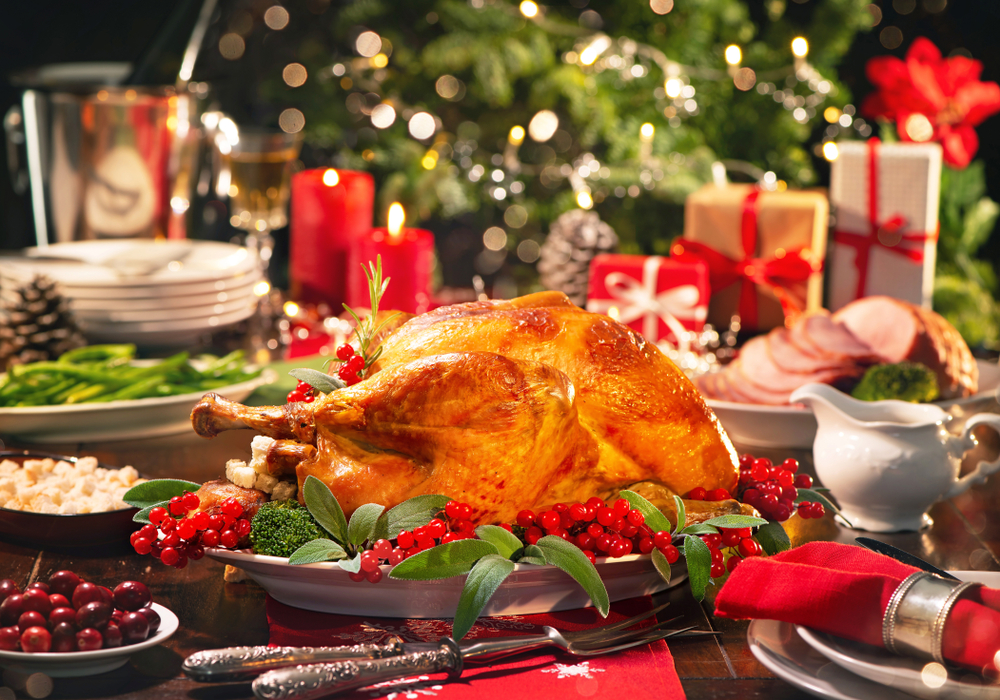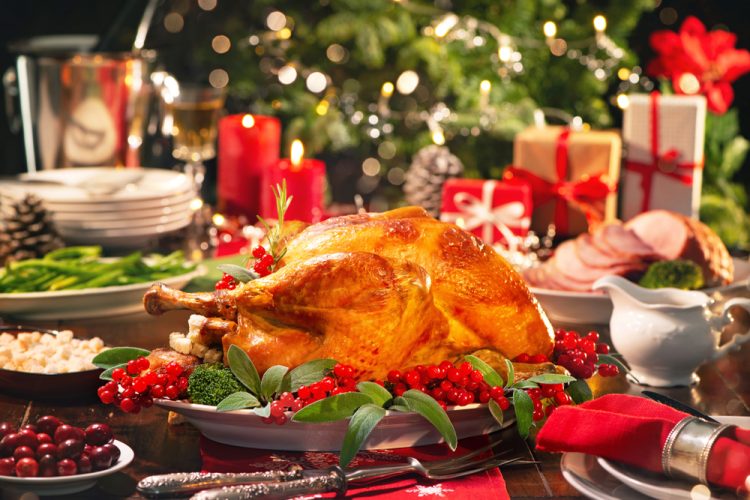Consumers warned by FSA of top food hygiene “fails” this festive season

The Food Standards Agency (FSA) reveal the UK’s top food hygiene fails, highlighting risks consumers face during this festive season. Here are their expert tips to stay safe this Christmas.


With Christmas just around the corner, the Food Standards Agency (FSA) has unveiled some concerning food hygiene habits among UK consumers. According to the FSA’s November Consumer Insights Tracker, conducted by YouGov, these risky practices could dampen festive celebrations if not addressed.
From ignoring use-by dates to neglecting basic hand hygiene, the findings highlight the potential dangers lurking in home kitchens. As Robin May, the FSA’s Chief Scientific Advisor, warns: “Don’t be a turkey – our new data shows us that people are taking some unnecessary and avoidable risks in the way they cook, prepare and store food.”
The naughty list of food hygiene
Here are the top six food hygiene missteps revealed by the survey:
- Ignoring use-by dates: 46 percent of respondents admit they do not always check use-by dates before cooking or preparing food at home.
- Buffet roulette: 45 percent of people are likely to leave food out after serving and eat it a few hours later, risking foodborne illness.
- Cooking past the use-by date: Nearly two in five (39 percent) confess to occasionally cooking raw meat, like turkey or sausages, past its use-by date.
- Skipping handwashing: One in three (33 percent) admit they do not always wash their hands before preparing food, raising the risk of spreading harmful bacteria.
- Improper food storage: Over a quarter (27 percent) say they would store refrigerated food in cool but non-refrigerated places, such as a garage or porch, due to lack of fridge space.
- Overlooking allergies: Alarmingly, 23 percent said they would not ask their guests about food allergies or intolerances before serving them a meal.
A light-hearted message with serious consequences
While the FSA’s findings are presented with a touch of humour, the underlying message is serious. “No one likes being ill over the holidays, especially at a time when friends and family come together, including people who are more vulnerable to food poisoning, such as older relatives or those who are pregnant,” said May.
The FSA is urging consumers to take simple steps to ensure food safety over the festive period, such as checking use-by dates, maintaining fridge temperatures at 5°C or below, and chilling food properly between meals.
Additionally, the agency is encouraging people to plan ahead when buying and storing food for Christmas. “If you’re buying a fresh turkey, duck, or goose in advance of Christmas day, check the packaging to make sure it’s suitable for home freezing,” advised the FSA.
Expert tips for a safe festive feast
To avoid foodborne illnesses this Christmas, the FSA recommends the following:
- Freeze leftovers for future meals, ensuring they are stored safely and reheated thoroughly.
- Understand food labels: A “use-by” date is about safety, while “best before” is about quality.
- Prevent cross-contamination by washing hands, utensils, and surfaces regularly.
“Whether your Christmas meal is a chicken for two or a goose for twenty-two, make sure it is cooked until steaming hot all the way through,” May urged.
He added: “We have lots of easy tips on www.food.gov.uk about cooking turkeys, storing food, chilling, and reheating leftovers so you and your loved ones stay well and enjoy the celebrations.”
Source: newfoodmagazine.com

